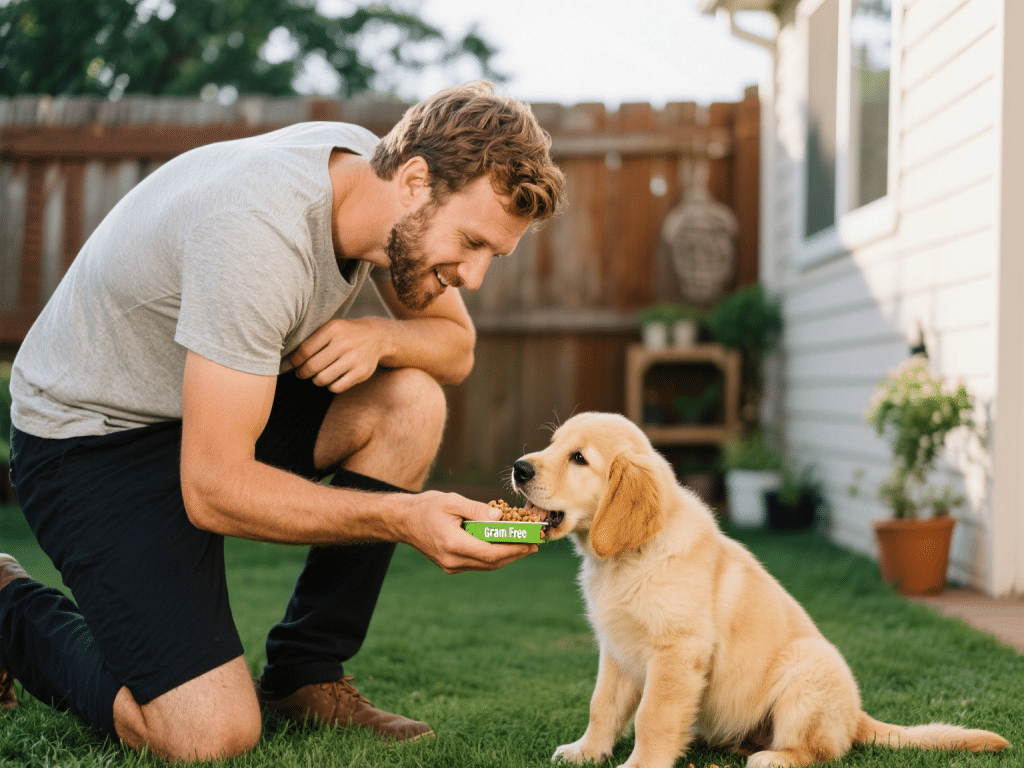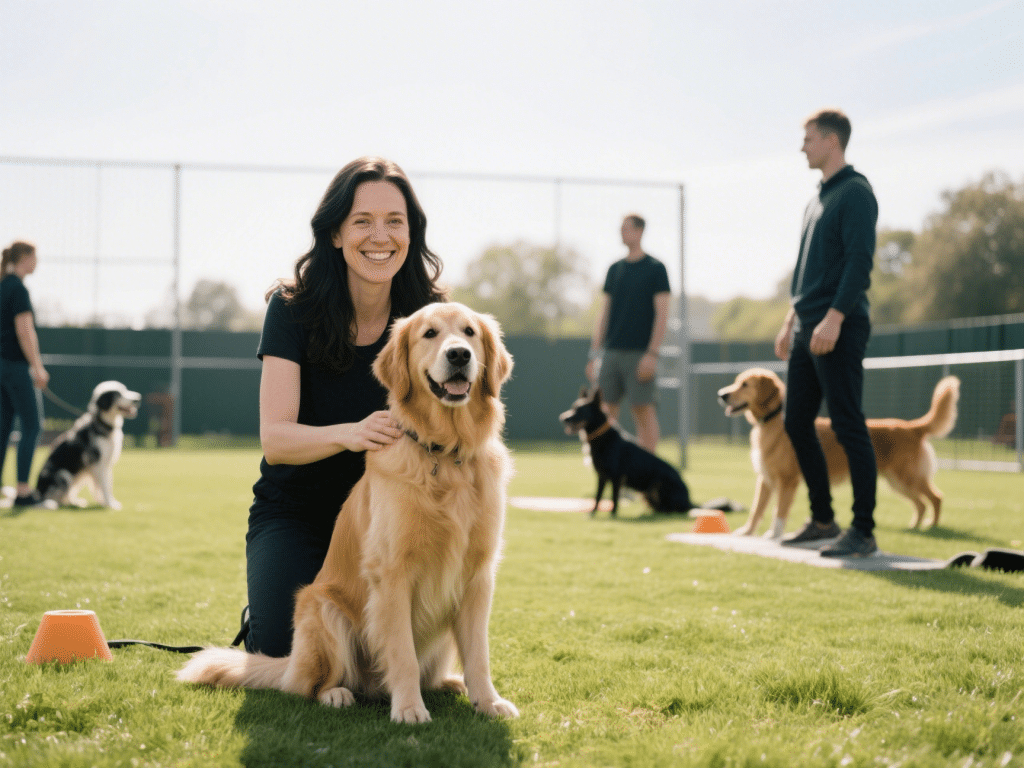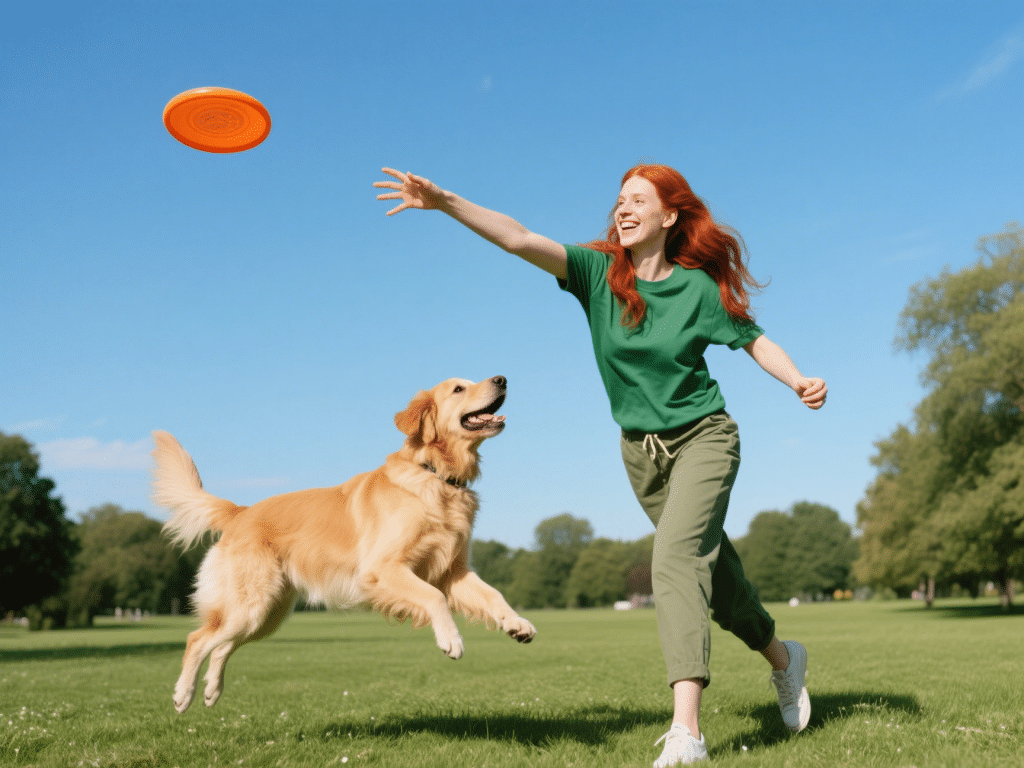Caring for Dogs with Special Needs: Essential Tips
Caring for a dog with special needs requires tailored approaches that address mobility, sensory, cognitive, or medical challenges. With patience and the right strategies, these remarkable companions can enjoy fulfilling lives. Here are essential, veterinarian-recommended practices:
Understanding Your Dog’s Unique Requirements
Medical Partnership: Establish a close relationship with a veterinarian experienced in rehabilitation or specialty care. Regular assessments are non-negotiable.
Precise Diagnosis: Clearly understand the nature of your dog’s limitation (e.g., paralysis, blindness, deafness, severe arthritis, cognitive dysfunction, chronic illness) to target care effectively.
Pain Management: Work with your vet to implement a multimodal pain control plan if applicable. Signs can be subtle (panting, reluctance to move, appetite changes).
Mobility Support Strategies
Assistive Devices: Harnesses (like Help 'Em Up), custom-fitted wheelchairs (carts), slings, and non-slip flooring (rugs, yoga mats) dramatically improve independence and safety. Ensure proper fit.
Physical Therapy & Exercise: Consult a certified canine rehabilitation therapist for tailored exercises. Gentle range-of-motion movements, controlled swimming (hydrotherapy), and short, frequent walks maintain muscle mass and joint health.
Home Modifications: Use ramps instead of stairs, block access to hazardous areas, provide orthopedic bedding, and elevate food/water bowls to a comfortable height.
Sensory Impairment Adaptation (Blindness/Deafness)
Blind Dogs: Maintain consistent furniture layout. Use scent markers (a drop of vanilla near stairs) and textured pathways. Verbal cues become crucial. Teach commands like “Step up,” “Step down,” and “Wait.”
Deaf Dogs: Utilize hand signals consistently. Train attention-getting methods (gentle vibration collar, stomping on floor). Ensure they are leashed in unsecured areas, as they cannot hear dangers.
Safety First: Always announce your presence to a blind dog gently (voice/touch) and approach a deaf dog within their line of sight to avoid startling.
Cognitive & Emotional Wellbeing
Mental Stimulation: Food puzzles, scent work games (nose work), and gentle training sessions adapted to their abilities are vital for preventing boredom and cognitive decline.
Routine & Predictability: Dogs with special needs thrive on consistency. Maintain regular feeding, potty, medication, and sleep schedules to reduce anxiety.
Stress Reduction: Create quiet, safe retreat spaces. Recognize signs of stress (pacing, whining, hiding) and minimize overwhelming environments (loud noises, chaotic gatherings). Consider calming supplements like L-Theanine or Adaptil diffusers after vet consultation.
Quality Bonding: Gentle grooming, massage (improves circulation and relaxation), quiet cuddle time, and simply talking to your dog reinforce security and love.
Daily Care & Hygiene
Skin & Coat Care: Immobile dogs or those with incontinence need meticulous hygiene. Check pressure points daily for sores. Bathe regularly with gentle shampoos and dry thoroughly. Use protective barrier creams as needed.
Incontinence Management: Diapers, belly bands, waterproof bedding, and frequent cleaning prevent skin irritation and infections. Expressing bladders might be necessary for paralyzed dogs - learn proper technique from your vet.
Nutrition & Hydration: Consult your vet about optimal diet (weight management is critical). Ensure constant access to fresh water. Assistive bowls (raised, non-tip) or hand-feeding might be needed.
Essential Resources & Support
Specialized Vets: Seek board-certified specialists in veterinary neurology, ophthalmology, orthopedics, or rehabilitation medicine when needed.
Quality Equipment: Invest in well-fitted, reputable assistive devices from companies specializing in veterinary mobility aids.
Support Communities: Connect with online or local groups for owners of special needs pets. Sharing experiences and resources is invaluable.
The Commitment is Profoundly Rewarding
Caring for a dog with special needs demands dedication, but the depth of the bond formed is unparalleled. By focusing on their comfort, safety, and quality of life through these tailored strategies, you empower your canine companion to thrive despite challenges. Always prioritize veterinary guidance and celebrate their unique spirit every day. Their resilience and unwavering love make the journey deeply meaningful.









Comments on "Caring for Dogs with Special Needs: Essential Tips" :